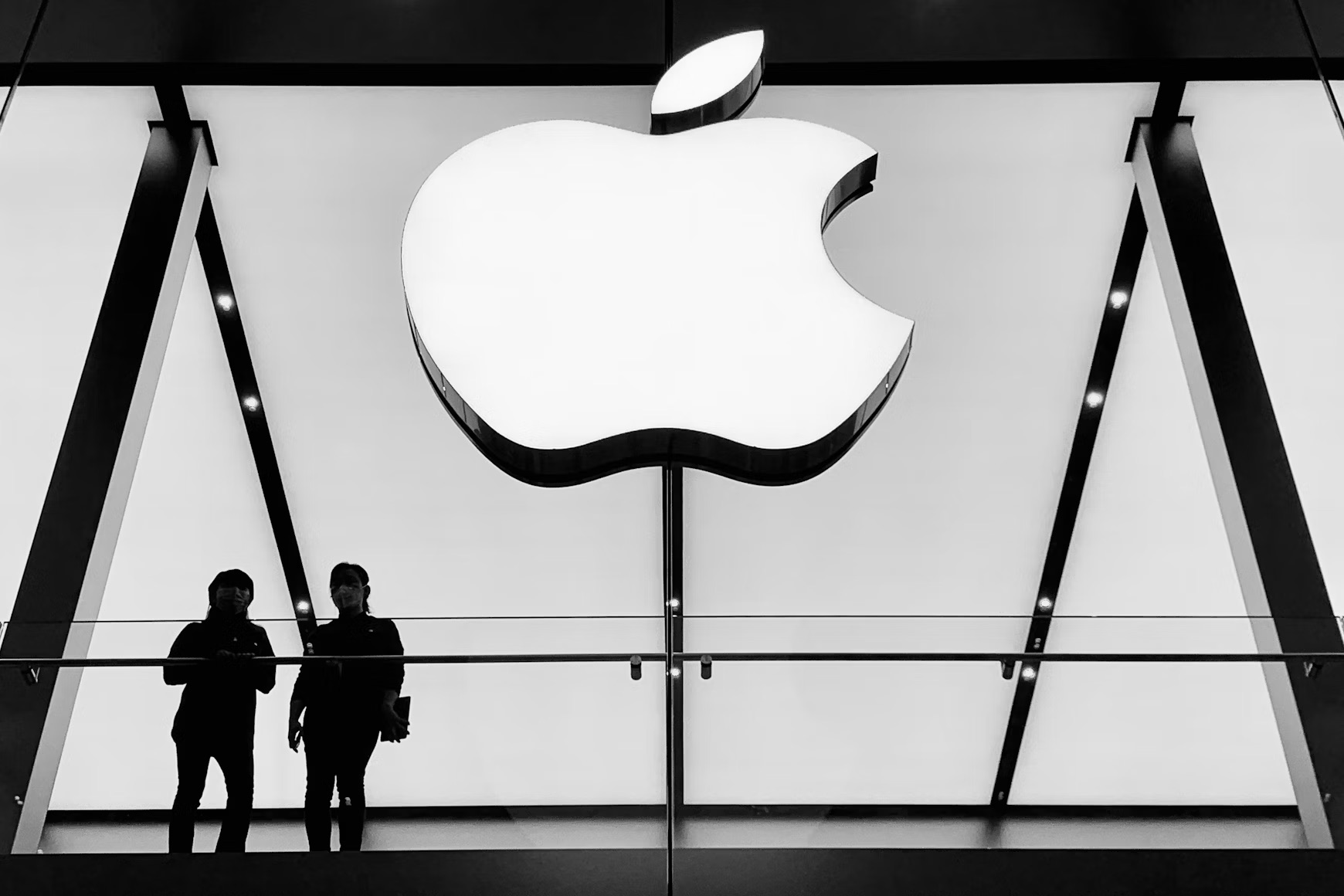
The U.S. director of national intelligence said on Wednesday that the United Kingdom has backed away from its controversial demand requiring Apple to provide access to global user data.
Tulsi Gabbard posted on X that the UK had dropped its request for Apple to build a “back door,” which she said would have compromised the privacy of American citizens and threatened civil liberties.
No Formal Word from Apple
Despite the announcement, Apple has not received any formal communication from either the U.S. or UK governments.
“We do not comment on operational matters, including confirming or denying the existence of such notices,” a UK government spokesperson said.
The spokesperson added that the U.S. and UK have long worked together on intelligence and security to address terrorism, child exploitation, and other serious threats, including those linked to new technologies.
In December, the UK issued Apple with a legal notice under the Investigatory Powers Act demanding access to encrypted data worldwide. However, Apple’s Advanced Data Protection (ADP) system prevents even the company itself from reading user data. To comply, Apple would have needed to weaken or break its encryption.
Apple responded by withdrawing ADP from the UK market and filing a legal challenge, with a tribunal hearing scheduled for early 2026. It remains unclear whether that case will proceed now that the UK has reportedly dropped its demand.
The secrecy around the Investigatory Powers Act means it is not known whether other tech companies also received similar notices. WhatsApp, which is widely used in the UK, has said it has not been contacted.
Reaction from Privacy Advocates
Privacy and civil rights groups cautiously welcomed the apparent reversal.
“This decision is hugely welcome,” said Sam Grant from Liberty, warning that a back door into encrypted systems would have been a reckless and potentially unlawful government overreach.
He added that such powers could be misused in the future to target vulnerable groups, politicians, and campaigners.
Jim Killock of the Open Rights Group echoed those concerns, noting that while this specific order may be gone, “the UK’s powers to attack encryption are still on the law books.”
U.S. Senator Ron Wyden also responded, calling the move “a win for everyone who values secure communications,” but stressed that the details of any agreement remain critical.
The U.S. and UK already operate under the Data Access Agreement, which allows both governments to share user data for law enforcement purposes.
Author’s Opinion
The UK backing down is a victory for privacy, but the fight isn’t finished. As long as governments keep powers on the books to demand back doors, the risk remains. Encryption is one of the strongest tools people have to keep their information safe. Weakening it doesn’t just open doors for law enforcement—it opens them for criminals, too. The challenge going forward is whether governments will finally accept that secure communications can’t come with shortcuts.
Featured image credit: Zhiyue via Unsplash
For more stories like it, click the +Follow button at the top of this page to follow us.
